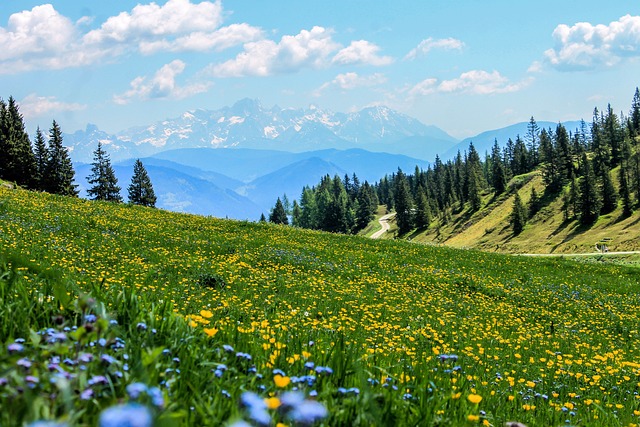My immersive experience at the BES Annual Meeting as an applied ecologist – The Applied Ecologist
Karen Castillioni is an Associate Editor mentee for Journal of Applied Ecology. She is also a Postdoctoral Research Associate at the University of Minnesota, USA. She is passionate about understanding the complex relationship between biodiversity and ecosystem functioning in the context of global change. In this blog post, she shares her experience of the 2023 BES […]
Continue Reading